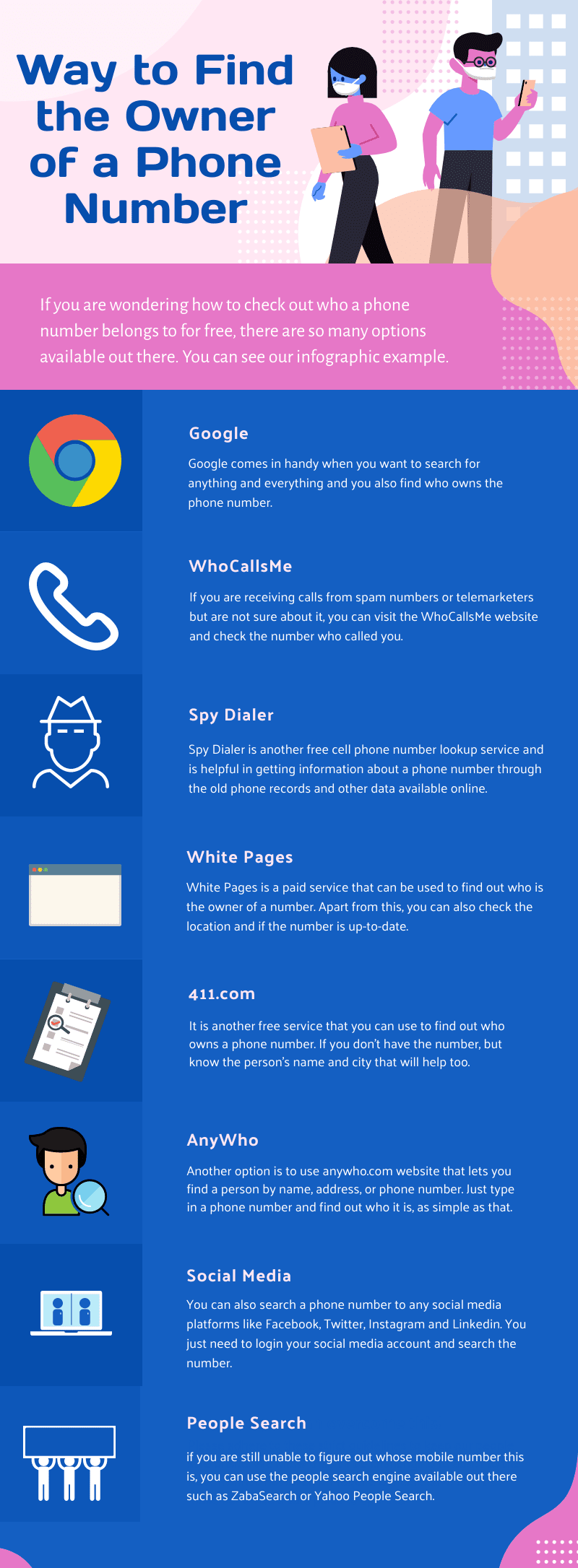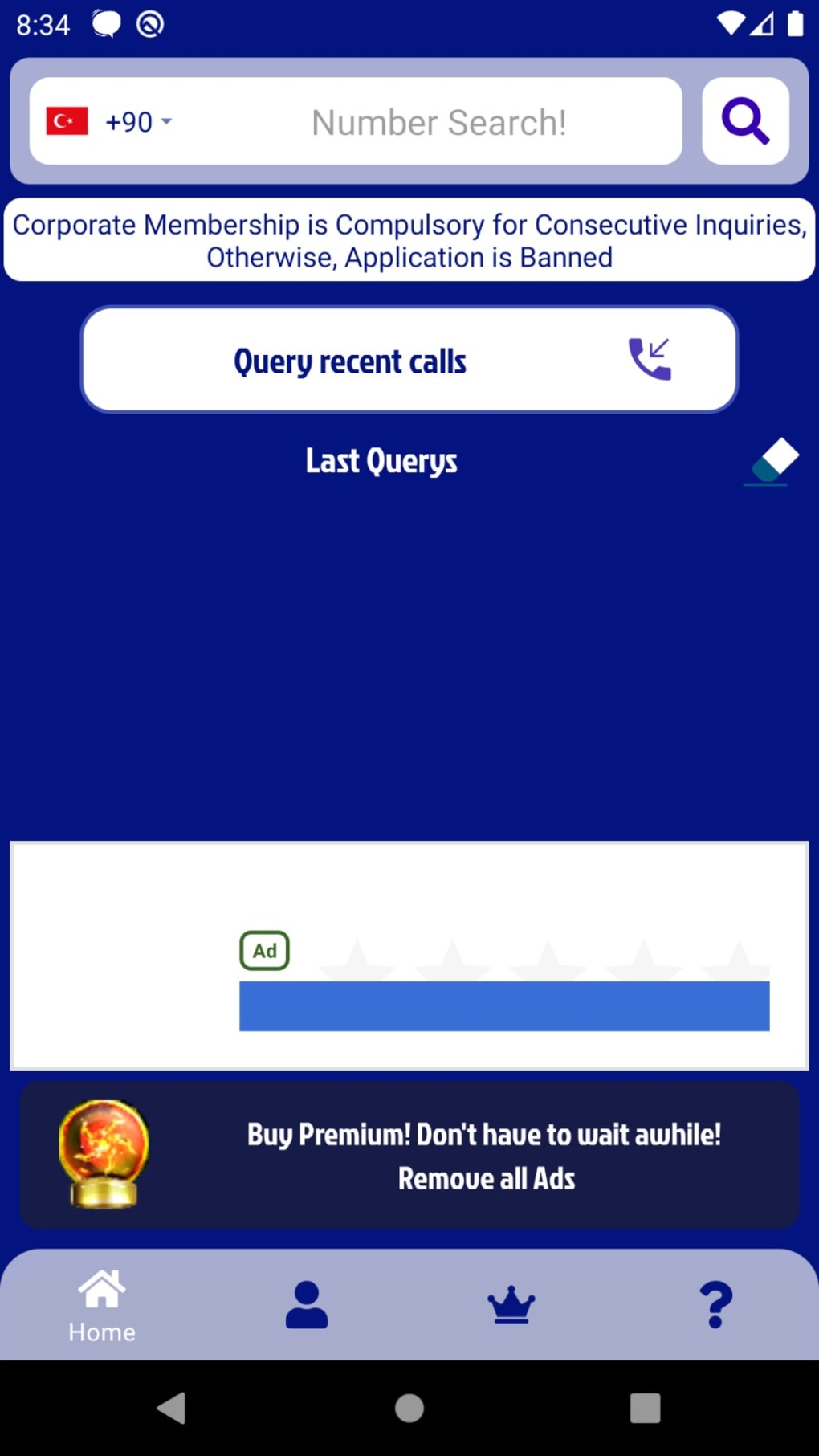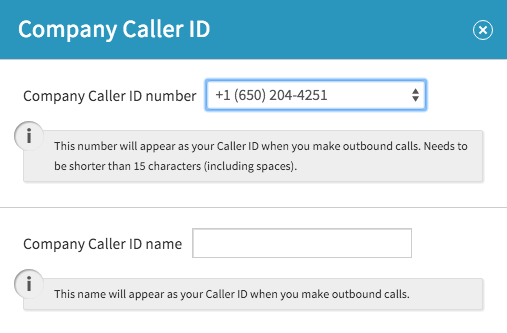To Whom This Phone Number Belongs

A seemingly innocuous string of digits, a phone number, has become a source of immense frustration, anxiety, and even financial loss for countless individuals across the nation. What starts as an unwanted robocall or a misdialed connection can quickly escalate into a relentless barrage of scams, phishing attempts, and even identity theft. The question on everyone's mind: To whom does this phone number *really* belong?
This seemingly simple query often unveils a complex web of technological loopholes, regulatory gaps, and malicious actors exploiting the system for personal gain. Identifying the owner of a phone number is not always straightforward, and the rise of spoofing and other deceptive tactics has made it even more challenging. This article delves into the multifaceted problem of phone number ownership, exploring the technologies used to mask identities, the legal framework attempting to address the issue, and the steps individuals can take to protect themselves.
The Shifting Sands of Phone Number Ownership
Historically, tracing a phone number back to its owner was a relatively simple process. Landlines were directly linked to physical addresses and registered individuals or businesses. However, the advent of mobile phones and Voice over Internet Protocol (VoIP) services has dramatically altered the landscape.
VoIP, in particular, has introduced significant challenges. These services allow individuals to obtain phone numbers from anywhere in the world, often without stringent verification processes. This ease of access makes it exceptionally difficult to determine the true location and identity of the number's user.
Spoofing: A Veil of Deception
Perhaps the most pervasive obstacle in identifying phone number owners is spoofing. This technique allows callers to deliberately falsify the caller ID information displayed on the recipient's phone. Scammers often use spoofed numbers to impersonate legitimate businesses, government agencies, or even individuals known to the recipient, building trust and increasing the likelihood of success.
According to the Federal Communications Commission (FCC), spoofing is illegal under the Truth in Caller ID Act. However, enforcing this law remains a significant challenge, as many spoofed calls originate from outside U.S. jurisdiction.
The FCC has implemented various measures to combat spoofing, including requiring phone companies to implement STIR/SHAKEN, a technology that authenticates the caller ID information. While STIR/SHAKEN is a crucial step, it's not a silver bullet, as sophisticated scammers are constantly finding ways to circumvent these protections.
The Legal and Regulatory Labyrinth
The legal framework surrounding phone number ownership and usage is a complex patchwork of federal and state regulations. The Telephone Consumer Protection Act (TCPA), for instance, restricts telemarketing calls and the use of automated dialers without prior consent.
However, the TCPA and other similar laws primarily focus on regulating *how* phone numbers are used, rather than providing a clear and accessible mechanism for identifying the owners of problematic numbers. The FCC has the authority to investigate and prosecute violations of its rules, but its resources are limited, and investigations can be lengthy and complex.
Furthermore, the decentralized nature of the telecommunications industry adds another layer of complexity. Phone numbers are assigned to different carriers and service providers, each with its own internal processes and data security protocols. This fragmentation makes it difficult to obtain a comprehensive picture of phone number ownership and usage patterns.
Data Brokers: A Murky Middle Ground
Adding to the complexity are data brokers, companies that collect and aggregate vast amounts of personal information from various sources, including public records, online activity, and commercial transactions. Some data brokers offer services that allow individuals to search for information associated with a phone number, including the owner's name and address.
However, the accuracy and reliability of this information can vary significantly, and there are concerns about the privacy implications of these services. The legality of using data brokers to identify phone number owners is also a subject of debate, particularly when the information is used for commercial purposes.
Protecting Yourself in a World of Unknown Numbers
Given the challenges in identifying phone number owners, individuals must take proactive steps to protect themselves from scams and unwanted calls. Experts recommend being wary of unsolicited calls, particularly those requesting personal or financial information.
Consider using call-blocking apps or services that automatically filter out known spam numbers. Many smartphones also have built-in features that allow you to block numbers and report them as spam. Regularly updating your phone's operating system and security software can also help protect against malware and phishing attempts.
Finally, be cautious about sharing your phone number online or in public forums. The less your number is exposed, the lower your risk of becoming a target for scammers and unwanted callers.
Looking Ahead: A Call for Stronger Solutions
Addressing the problem of unidentified phone numbers requires a multi-pronged approach involving technological innovation, regulatory reform, and public education. Strengthening caller ID authentication technologies, such as STIR/SHAKEN, is essential, but these technologies must be continuously updated to stay ahead of evolving scam tactics.
Lawmakers should consider strengthening the TCPA and other consumer protection laws to provide clearer avenues for redress when individuals are harmed by illegal or abusive phone calls. Greater transparency and accountability within the telecommunications industry are also needed to make it easier to trace phone numbers back to their owners.
Ultimately, solving the puzzle of "to whom does this phone number belong?" will require a collaborative effort from government agencies, telecommunications companies, and individual consumers. Only through a concerted effort can we create a safer and more trustworthy telecommunications environment for all.


















